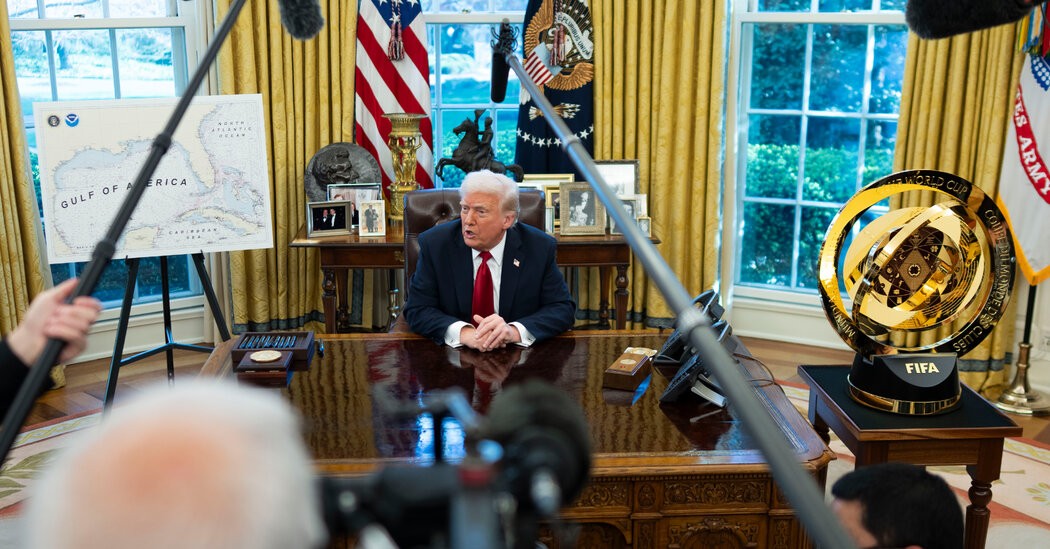
Former President Donald Trump has dismissed recent controversy over leaked Signal chat messages about military operations as a "witch hunt" while suggesting potential flaws in the messaging platform itself.
Speaking to reporters on Wednesday, Trump downplayed his administration's responsibility in the incident where sensitive military plans were accidentally shared with a journalist. "The press [has] up-played it. I think it's a witch hunt. I wasn't involved in it. I wasn't there," Trump stated.
The controversy erupted after The Atlantic's editor-in-chief Jeffrey Goldberg was inadvertently added to a private Signal chat group discussing upcoming military strikes against Houthi targets in Yemen. The group included high-ranking officials like Vice President JD Vance and Secretary of Defense Pete Hegseth.
While the White House maintains the shared information was not classified, Democrats have strongly contested this claim. Senator Mark Warner, leading Democrat on the Senate Intelligence Committee, called the administration's position "baloney."
The incident has prompted bipartisan concern, with Republican Senator Roger Wicker and Democratic Senator Jack Reed announcing plans to request an inspector general investigation into the use of Signal for sensitive communications. They are also seeking a classified briefing with administration officials.
When questioned about the investigation, Trump appeared unbothered, saying "It doesn't bother me." He also cast doubt on the messaging platform itself, suggesting without evidence that Signal "could be defective."
The controversy draws parallels to the 2016 election when Hillary Clinton faced criticism for using a private email server during her tenure as Secretary of State. The current situation has raised questions about information security practices within the Trump administration and proper protocols for sharing sensitive military information.
Despite mounting pressure, Trump has expressed support for his national security team while emphasizing his preference for discussing such operations in person and in more secure settings.